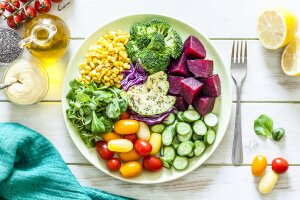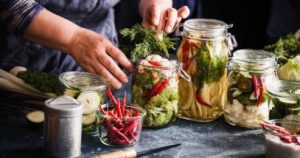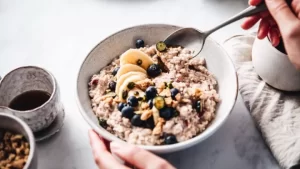Many individuals place great value on maintaining a healthy diet.
However, in rare cases, this obsessiveness can develop into orthorexia nervosa, an extreme preoccupation with healthy eating that commonly leads to malnutrition and interferes with daily life.
The word “orthorexia,” coined in 1997, describes a restricted eating disorder in which food is prioritized for its quality rather than its quantity. A person’s physical and mental health might be negatively impacted by this disorder. It’s hard for them to enjoy life because of the rigorous dietary limitations they’ve set for themselves. They are more limited in their capacity to go out and easily enjoy social activities like a Christmas party or dinner with friends.
However, in rare cases, this obsessiveness can develop into orthorexia nervosa, an extreme preoccupation with healthy eating that commonly leads to malnutrition and interferes with daily life.
According to Dr. Tom Hildebrandt, professor of psychiatry and head of Mount Sinai’s Center of Excellence in Eating and Weight Disorders in New York City, there is less of a gender difference with orthorexia than there is with other eating disorders. Adults, and especially women, are more likely to suffer from orthorexia than males.
Is This Orthorexia, or Just Healthy Eating?
Many people aim to live a healthier lifestyle, which includes eating more healthfully. The self-control, self-discipline, and meticulous preparation required to stick to this can be taxing, especially in a world where processed, packaged meals are cheap, convenient, and easy on the time and money fronts.
Those with orthorexia lack the mental and emotional flexibility necessary to maintain a healthy lifestyle over the long run.
No “free pass” may be given so that they can sometimes eat their favorite ice cream or slice of pizza. They have a tight, inflexible relationship with food, typified by a restricted diet and an intense avoidance of things they judge harmful and an excessive focus on nutrition labels. They may experience extreme worry, anguish, and a low sense of self-worth at the mere thought of consuming certain foods.






